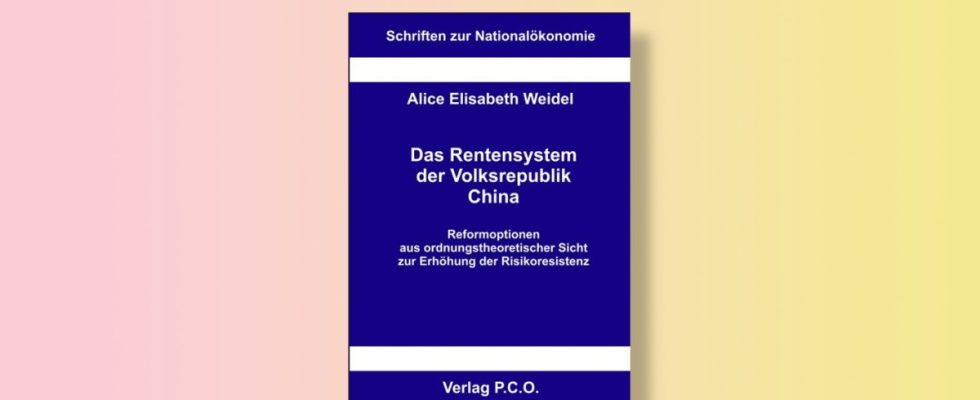The plagiarism report on Alice Weidel’s doctoral thesis is apparently not based on the desire to enforce scientific honesty. According to the lead expert, it is a commissioned work for which he was paid. The aim of this order was probably not to protect Weidel from all possible criticism of her dissertation, but rather to harm her. The SZ does not know who the client is.
However, his alleged motive does not change the results of the investigation and the question of possible plagiarism in Weidel’s work, which the University of Bayreuth is now investigating. Other legal proceedings also often have their starting point in information from motives that are not always noble. The hostile neighbors who report illegal construction, or the ex-partner who reports a tax offense. The authorities will still investigate the allegations if they are justified.
However, there are a few circumstances that require explanation. The two experts insist on remaining anonymous because they fear that they and their personal environment could become targets of threats and violence after publication. After all, they are taking on the leader of a partly right-wing radical party. The authors are known by name to the SZ, and the lead author has also been involved in previous prominent plagiarism cases. According to SZ information, the university also knows who submitted the investigation.
Anonymity is common on Vroniplag Wiki
Anonymous allegations are not uncommon in plagiarism cases. On the Internet platform Vroniplag Wiki, on which numerous plagiarisms were discovered, for example in the doctoral thesis of the then Federal Minister for Family Affairs Franziska Giffey, anonymity is the basis for work. The plagiarism case against the then Lower Saxony Minister of Education Bernd Althusmann (CDU) also stems from anonymous allegations. The investigative commission at the University of Potsdam investigated anyway. In 2011, she found “defects of considerable importance” in his doctoral thesis, but she did not consider these to be sufficient to strip him of his doctorate. Althusmann later became CDU state chairman.
The lead author does not want to name the client of the Weidel report. “I know the client. I claim to be able to reach a scientific judgment independently of the client,” he says. Political opponents from other parties or from your own party, perhaps also foreign agents, would be conceivable. There are many possible options. “Based on everything I know, I can rule out a secret service as a client in the Weidel case,” says the lead author.
A lawyer commissioned by Weidel asked the SZ on Friday to inform the authors of the report, which the SZ rejected due to the protection of its sources. One thing is certain: such a report costs thousands of euros, sometimes a five-figure amount is due. A plagiarism detector usually checks the dissertation using specially developed software that compares the text with databases and Internet sources. In a further step, he obtains suspected original sources and compares them with the doctoral thesis. The original sources are often difficult to obtain because they are older works that are no longer available in all university libraries. This sometimes makes an investigation complex. It is also checked whether all sources are mentioned in the bibliography.
After the SZ received a copy of the report, it tried in a similar way to reconstruct the allegations on a random basis, using plagiarism software and by comparing them with suspected original sources. With one exception, the SZ was able to find the matching passages in the dissertation and the original source.

